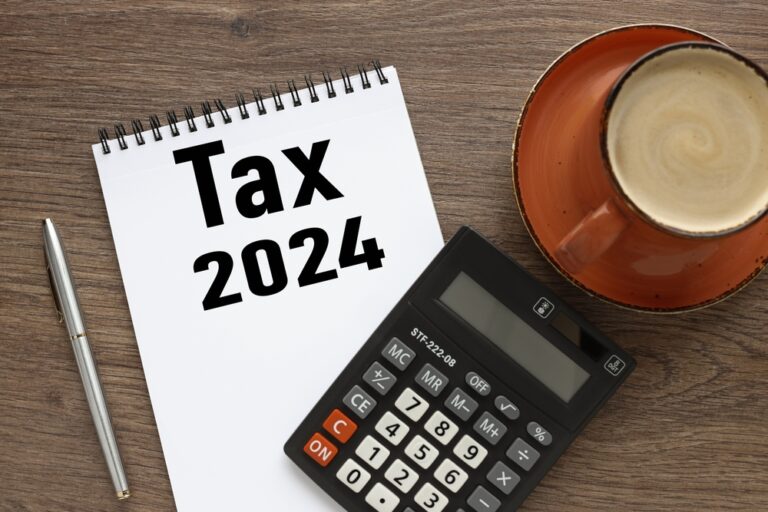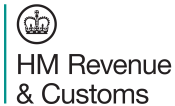Do you need to complete a Self-Assessment tax return this year?
 > Resources
>
Newsletter
> Resources
>
Newsletter
Taxpayers may need to complete a tax return if they:
- Are newly self-employed and have earned more than £1,000.
- Have multiple sources of income.
- Have received any untaxed income, for example earning money for creating online content.
- Earn more than £100,000 a year.
- Earn income from property that they own and rent out.
- Are a new partner in a business partnership?
- Are claiming Child Benefit and they or their partner have an income above £50,000.
- Receive interest from banks and building societies (more than £10,000)
- Receive dividends in excess of £10,000.
- Need to pay Capital Gains Tax
- Are self-employed and earn less than £1,000 but wish to pay Class 2 NICs voluntarily to protect their entitlement to State Pension and certain benefits.
If taxpayers no longer think they need to complete a Self-Assessment tax return for the 2022 to 2023 tax year, they should tell HMRC before the deadline on 31 January 2024 to avoid any penalties.
This online tool can be used to check if you need to send a Self-Assessment tax return.
Penalties for late filing of self-assessment tax returns
You’ll get a penalty if you need to send a tax return and you miss the deadline for submitting it on or before the deadline of 31st January 2024.
1 Day Late: An initial Penalty of £100
3 Months Late: A daily Penalty of £10 per day, up to a maximum of 90 days (£900)
6 Months Late: A further Penalty of 5% of the tax due (or) £300, whichever is greater.
12 Months Late: A further Penalty of 5% of the tax due (or) £300, whichever is greater.
Note: In particularly serious cases, a higher penalty of up to 100% of the tax due.





